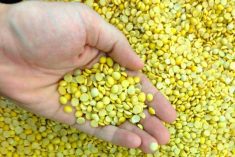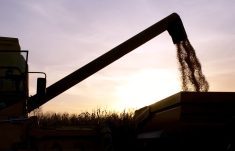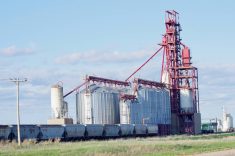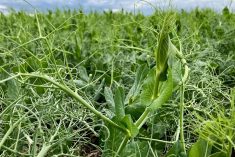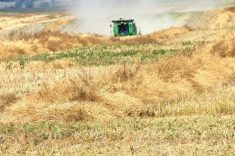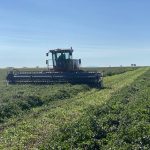(Resource News International) — The return of hot and dry weather
conditions in Alberta are expected to help speed
up the development of crops in the province.
“In terms of growth, crops in general are about a week to 10
days behind normal development,” said Mark Cutts, a crop specialist
with the Alberta Ag-Info Centre in Stettler.
However, he said, the weather outlook is calling for an
extended period of warm temperatures and no significant
precipitation, which should allow the various crops to catch up on
Read Also
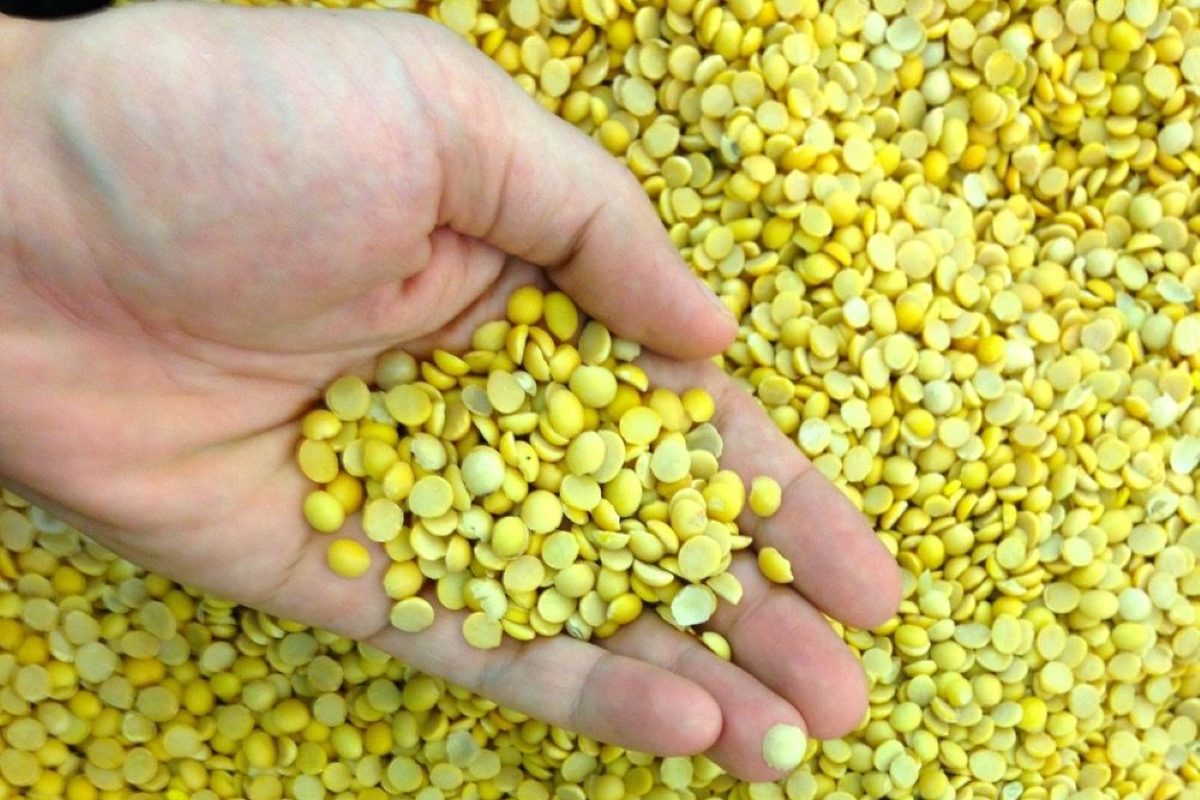
Pulse Weekly: India imposes 30 per cent tariff on yellow peas
Pulse Canada is quite unhappy with the Indian government’s recent move to slap a 30 per cent tariff on its yellow pea imports, said the pulse organization’s board chair Terry Youzwa.
The moisture situation in the province currently ranges from
good to excessive, Cutts said.
“Essentially, all the drier areas of Alberta received timely
rains and currently have adequate soil moisture reserves,” he
said.
But there are also areas in which water has been standing or ponding
on fields, causing some yellowing of cereal and canola
crops.
Crops’ emergence in Alberta has generally been
uniform, except in the areas where excessive
moisture was a problem, Cutts said.
Wet conditions, meanwhile, have slowed the application
of herbicides, with most fields too soft to allow heavy equipment
to pass, he said. Some producers were believed to be considering
aerial applications.
Winter wheat fields in Alberta were doing well, but warmer
Disease concerns in the province remain minimal, Cutts said,
with only a few isolated areas in which leaf diseases due to
improper rotation were reported.
“Most of the insect concerns have been over cutworms in some
canola fields,” Cutts said.
Pasture and hay land have improved but warmer
readings were now required to speed growth, he said.


